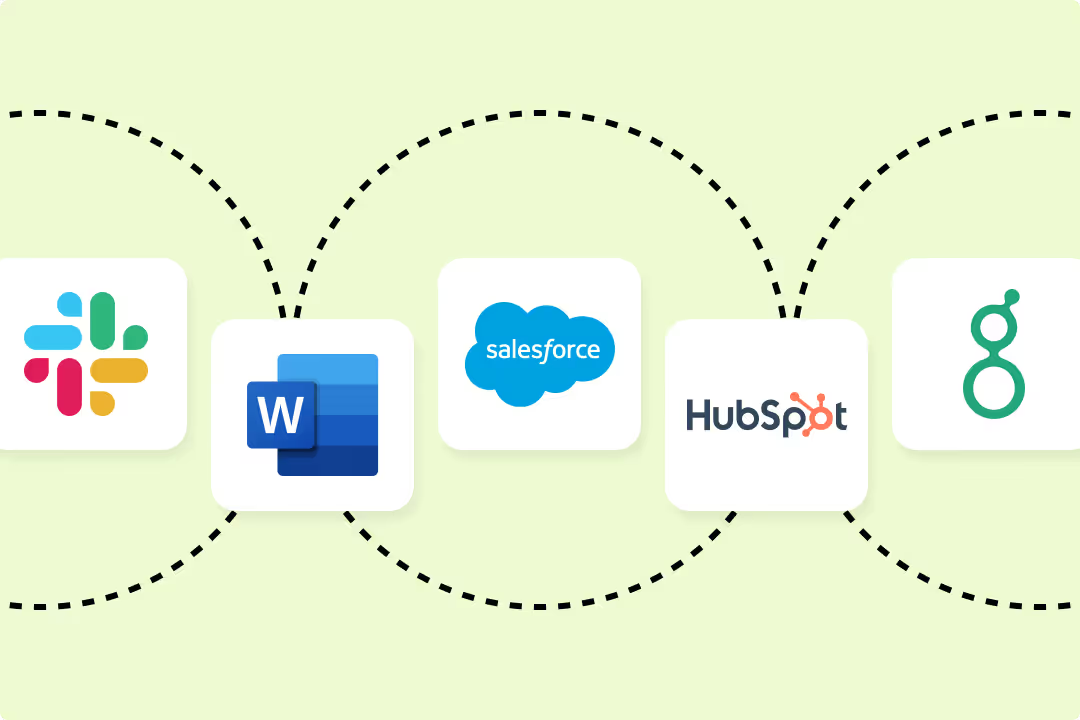Solutions
Customer Support
Resources
Contract management is one of those business functions that's absolutely critical — but also resource intensive.
When managed well, it protects your business, accelerates revenue, and keeps operations moving smoothly. When mismanaged, it creates risk, friction, and endless admin headaches.
With that in mind, it’s no surprise that many many teams consider outsourcing contract management services. But is it the right move for you? And what alternatives should you be weighing up before you take the leap? This guide shares all.
External providers bring specialist knowledge across contract drafting, negotiation, risk management, and compliance. They can spot pitfalls your internal team might miss and often have access to best-in-class processes that would take years to develop in-house.
Building a full-time in-house legal or contracts function is expensive, and not every business can afford a dedicated contract management team.
Beyond salaries, you have to factor in benefits, training, management time, and the inevitable ramp-up period. Outsourcing offers a more flexible model where you pay only for what you need, making it easier to manage budgets. But it can become expensive despite this.
Internal legal and business teams are often overwhelmed with competing priorities. When they’re buried in low-value contract admin, it drags on their ability to focus on strategic initiatives like scaling operations, entering new markets, or product development. Outsourcing lifts that burden, giving back valuable time.
There are also instances where the legal team isn’t the one outsourcing contracting, because there isn’t that function in-house yet.
Outsourcing isn't a magic wand. It introduces its own set of challenges:
In short: you may reduce some administrative pain, but you risk creating new inefficiencies elsewhere, too.

For many scaling businesses, the smarter move isn't outsourcing — it's automating.
Modern contract management tools (like Juro) take the repetitive, error-prone work off your plate without removing your control. Think:
{{quote1}}
For many businesses, especially those experiencing growth, automation offers a more scalable and sustainable solution than outsourcing. Here's why:
{{quote2}}
Ultimately, automation doesn’t just streamline processes — it transforms how teams work. Rather than relying on external providers, businesses can scale their operations with agility, reduce risk, and build stronger cross-functional collaboration.
Juro offers an intelligent contract management platform designed for legal and business teams.
With Juro, you can create, approve, negotiate, sign, and manage contracts in one unified workspace — without the need for endless email chains or third-party tools.
Key benefits include:

By choosing Juro, you're not just managing contracts — you're empowering your teams to work smarter, close deals faster, and reduce risk, all while maintaining control and visibility.
With automation, you don't just "hand over" your contracts — you upgrade and futureproof the entire lifecycle.
Every business is different, but here are some guidelines:
In most cases, especially for scaling businesses, automating first is the more future-proof strategy. It keeps contracts close to the business, accelerates deal cycles, and strengthens collaboration across teams.
Outsourcing contract management services might seem like an easy win. But the real opportunity? Building smarter, faster contract workflows internally with the right tools.
Juro powers more than two million contracts globally for legal and business teams seeking to reduce the time they spend on routine contract admin, and the results speak for themselves:
If you're tired of the contract chaos and want a solution that scales with you, it's worth exploring automation before you hand over the keys.
Because the best contracts don't manage themselves — but with the right platform, they almost can.

Lorem ipsum dolor sit amet, consectetur adipiscing elit. Suspendisse varius enim in eros elementum tristique. Duis cursus, mi quis viverra ornare, eros dolor interdum nulla, ut commodo diam libero vitae erat. Aenean faucibus nibh et justo cursus id rutrum lorem imperdiet. Nunc ut sem vitae risus tristique posuere.

